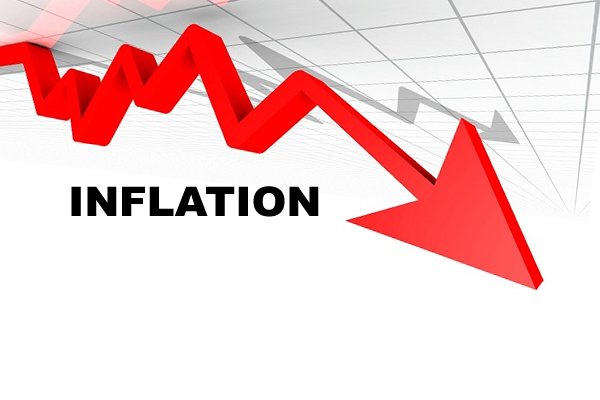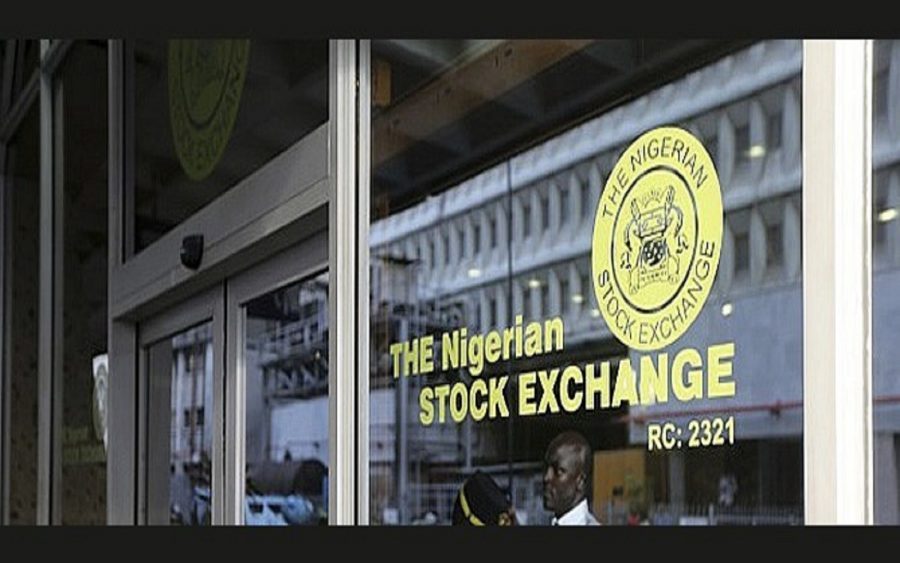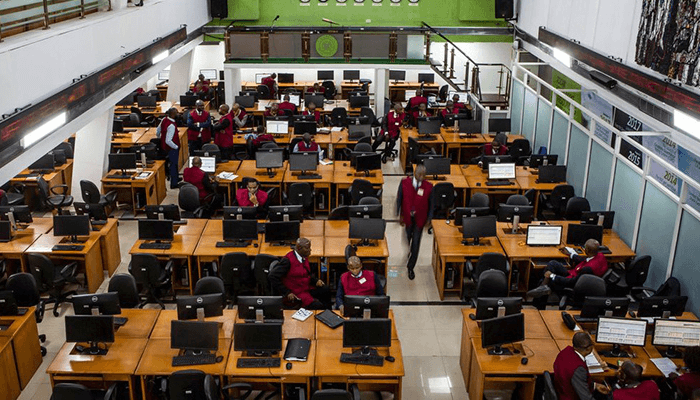The Nigerian equity market recorded a decline of 0.25 percent on Tuesday, marking its second consecutive drop this week. This fall came despite the release of encouraging inflation figures for January, which showed a significant decrease in the country’s inflation rate.
At the close of trading on Tuesday, the Nigerian Exchange Limited (NGX) All-Share Index (ASI) stood at 107,670.98 points, down from the previous day’s 107,937.74 points. The total market capitalisation also fell, dropping from N67.345 trillion to N67.179 trillion. Year-to-date, the market has seen a reduced return of +4.61 percent.
Join our WhatsApp ChannelEquity Market Declines Despite Positive Economic News
Despite the surprisingly lower inflation figures for January, the equity market did not respond positively. According to the National Bureau of Statistics (NBS), Nigeria’s inflation dropped to 24.48 percent in January after the rebasing, compared to the previous month’s rate of 34.80 percent. The reduction in inflation is seen as a significant development, as it provides a clearer view of consumer spending and economic trends in the country.
READ ALSO: Nigeria’s Equity Market Gains 2% As Investors Record Strong Weekly Growth
However, the stock market’s performance did not mirror the positive economic data. The drop in the equity market was primarily driven by declines in stocks like Cadbury, Union Dicon, and The Initiates Plc. Cadbury, for example, saw its stock price fall from N32 to N29.10, a 9.06 percent decrease. Union Dicon also experienced a sharp drop, losing 9.82 percent, with its stock price falling from N8.15 to N7.35. Similarly, The Initiates Plc saw a loss of 9.89 percent, dropping from N4.45 to N4.01.
What’s Behind the Decline in the Equity Market?
Despite the positive inflation news, certain stocks weighed heavily on the overall market performance. Investors have been wary of the fluctuations in stock prices, leading to a decrease in market confidence. While the inflation data provides a brighter outlook for the Nigerian economy, the market has yet to fully reflect the change.
Many major companies, especially in the banking sector, were actively traded on the Nigerian Exchange. Stocks like Access Holdings, UBA, Guinness, Fidelity Bank, and Zenith Bank saw significant trading volume. Investors in 14,174 deals exchanged a total of 408,719,063 shares, valued at N11.261 billion.
Inflation Data Presents Optimism for Future
Despite the equity market’s sluggish performance, the inflation data suggests there is cause for optimism. The January inflation rate of 24.48 percent, down from 34.80 percent in December, represents a notable shift in Nigeria’s economic trajectory. Economists are hopeful that inflation may continue to decrease, with some projections suggesting it could fall to between 15 and 20 percent by mid-2025.

This recalibration of the inflation figure is expected to provide a more accurate picture of consumer spending patterns, which may eventually lead to more stable economic conditions. According to Comercio Partners, this new inflation data could be a turning point in Nigeria’s battle against inflation, offering an improved outlook for the economy and potentially helping to stabilise the equity market.
Looking Ahead for the Equity Market
As inflation continues to decrease, it remains to be seen how the equity market will respond. Investors are cautiously optimistic, but the market’s response to inflationary trends has been mixed so far. With key sectors like banking and consumer goods seeing fluctuations in their stock prices, it is unclear whether the lower inflation will be enough to spark a broader rally in the equity market.

For now, the equity market remains in a state of uncertainty, with investors closely monitoring both domestic economic data and global market conditions. The outlook for the Nigerian economy could improve, but the trajectory of the equity market will depend on how quickly investor confidence is restored.
Emmanuel Ochayi is a journalist. He is a graduate of the University of Lagos, School of first choice and the nations pride. Emmanuel is keen on exploring writing angles in different areas, including Business, climate change, politics, Education, and others.

















